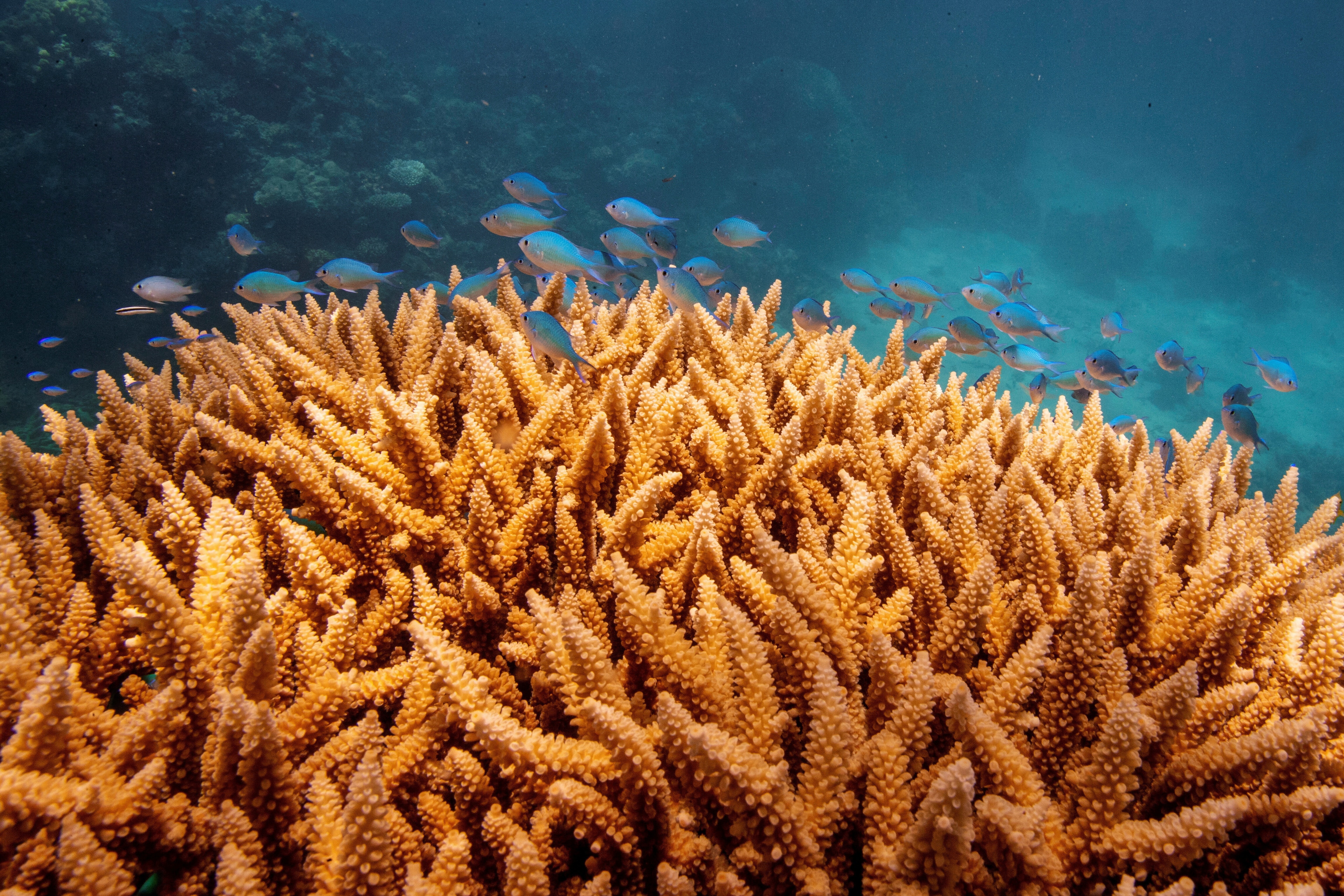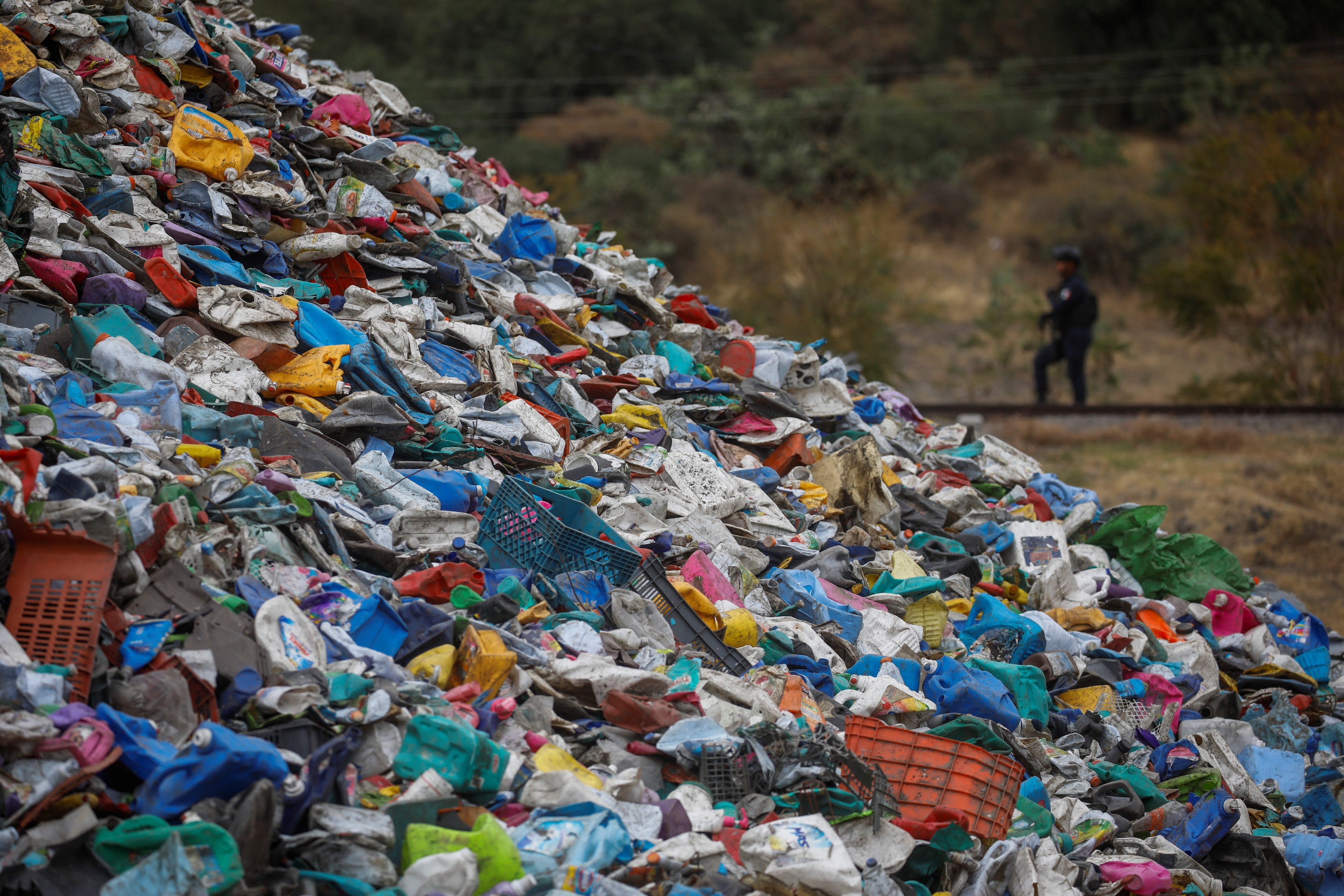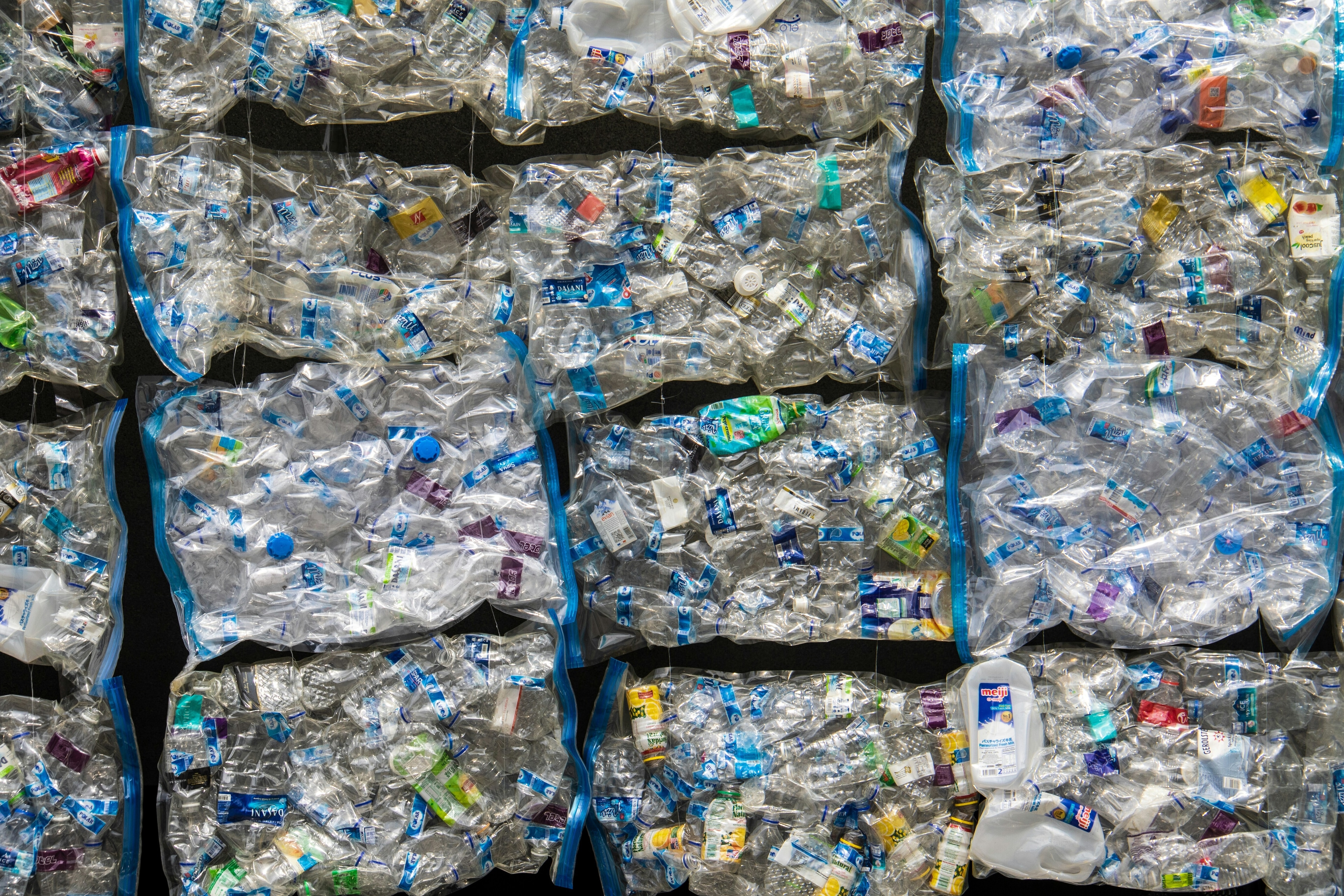These 15 innovations are helping to restore and protect the Amazon
The Amazon is a mega-diverse ecosystem that accounts for 20% of the world’s remaining forest areas
Image: Pexels
Stay up to date:
UpLink
Listen to the article
- Continued deforestation and ecosystem degradation pose major economic, cultural and environmental threats to the Amazon region, and the planet.
- The Trillion Trees: Amazon Bioeconomy Challenge called for innovative solutions that conserve and restore the biodiversity of the Amazon, and deliver social and economic benefits for local communities.
- 15 Top UpLink Innovators have now been announced, and will receive support to scale their impact and meet experts and potential funders who can accelerate their ideas.
Home to more than 34 million people and 10% of the world’s known biodiversity, the Amazon is a mega-diverse ecosystem that accounts for 20% of the world’s remaining forest areas. Continued deforestation and ecosystem degradation pose major economic, cultural and environmental threats to the region and the planet. We urgently need to scale sustainable “bioeconomy” models that preserve and restore the Amazon Rainforest while making sustainable use of its standing-forest resources and providing livelihoods for its people.
In June 2021, 1t.org and UpLink launched the Trillion Trees: Amazon Bioeconomy Challenge to call for innovative bioeconomy projects that are locally anchored to conserve and restore the biodiversity and ecosystem functions of the Amazon, and deliver social and economic benefits for local communities.
The Challenge was designed and run in collaboration with the Amazon Investor Coalition, IDB Lab, Initiative 20x20, IPAM, NESsT, Salesforce, The Nature Conservancy and XPrize Rainforest. It received 87 submissions that were carefully reviewed and assessed by the community of experts from 1t.org and its partners, including the Amazon Cooperation Treaty Organization, to elect a cohort of 15 Top UpLink Innovators.
Over the coming months, the Top Innovators will have an opportunity to share and learn from each other, and 1t.org and UpLink will work extensively with this group to scale their impact by promoting their work on our social media platforms, presenting them at our events and introducing them to experts and potential funders who can accelerate their ideas – notably, all Top Innovators will have the chance to be fast-tracked for grant and investment programmes of the IDB Lab.
Here are the Top Innovators who are at the forefront of the Amazon Bioeconomy:
Adapta Group and Rioterra are integrating restoration with the increase in production and income of Brazilian family producers in cocoa. They provide family producers with technical assistance for high-quality regenerative cocoa, bring resources to finance the needed infrastructure, help to monitor their impact and open market access for family farming.
Agrosolidaría Florencia is strengthening the value chain of non-timber forest products of the Amazonian forest. Their 65 hectares of agroforestry system in Caquetá, Colombia includes products such as Sacha Inchi, Castaño, Copoazu and Açai among others. Through their work, they support families that are committed to the conservation and restoration of ecosystems, while consolidating the regional development and identity providing a new opportunity for the region.
Aliados’ vision is to fundamentally transform the way business is done in the Amazon. Their solution brings together a diverse network of indigenous, corporate, philanthropic, and impact partners into a regenerative bioeconomy alliance in the Ecuadorian Amazon. Aliados enables this alliance by incubating 10 agroforestry value chains with 2,000 indigenous families that are sustainably procured by 10 companies.

Amazônia 4.0 is positioning the Brazilian Amazon communities as effective managers of the forest that take advantage of its natural resources for the generation of innovative local bio-businesses, value-added products in all links of the chain, without losing sight of conservation, local employment, and social inclusion. Their first demonstration is the Amazon Creative Laboratories, a field-based training and capacity building programme for local populations.
Amazonia Emprende develops, trains and replicates nature-based solutions in collaboration with local communities in the Colombian Amazon. Their Forest Schools already helped to restore a terrain of 30 hectares and they plan to scale-up and offer the programme to 1500 families in Caquetá in the coming year.
Fundación Alisos is building a business model for nature tourism for the indigenous communities of the Colombian Eastern Amazon, with a view to establish sustainable economic alternatives that benefit the communities while caring for the environment and social, cultural and economic traditions.
Nativien’s mission is co-developing intercultural models that serve a dual purpose: preservation of Indigenous social fabric and protection of the land that has sustain them for millennia. Through their cooperative in Ecuador, they are processing and transformation over 40 plant materials into added value products while serving as a hub for Indigenous youth and women to preserve traditional knowledge and improve livelihoods.
Onisafra, headquartered in Manaus, Brazil, is a digital platform for the traceability, distribution, and sale of sustainable and organic products connecting smallholder farmers in the Amazon with consumers.
Shiwi is a Peruvian company that seeks to create harmony between humanity and nature through enabling conscious consumption of products that come from natural protected areas.
SumaSach’a delivers Latin-American biodiversity products that contribute to health, beauty, and wellness of global consumers through inclusive business schemes that ensure smallholder inclusion and sustainable production of over 29 promising species. They are working with over 1.100 smallholder owners in Colombia and 100% of their crops are under organic standards.
UPF Amazonas Originaria: is training indigenous producers in Puerto Ayacucho, Venezuela on forest conservation and the production of non-timber forest products from Amazon forest species. They are working with 12 indigenous women and people in vulnerable situations from the local community to restore deforested land and establish an agroforestry system that sets an example of a sustainable bioeconomy.
Porokata Project is working with the Kuy Yeremepö indigenous community in Venezuela to expand traditional agroforestry systems that are in harmony with the ecological integrity of the Canaima National Park (a UNESCO World Natural Heritage Site), preserve the indigenous Pemón ancestral knowledge and improve the quality of life of local communities.
YhuLife is working with indigenous-led community enterprises to plant Amazonian vanilla plants into 4’000 hectares of agroforestry systems and sell them to international markets to help increase income in rural Ecuador.
Youth Climate Leaders: their Amazon Bioeconomy Cluster Builder takes inspiration directly from Amazonia and her inhabitants and increases connectivity and engagement of key catalysts—human talent, businesses, institutions, financial resources, and biodiversity—to position each to gain an optimum share of opportunities and growth within the Bioeconomy.
Yorenka Tasorentsi is a indigenous-led, Brazilian association that implements agroforestry and sustainable agriculture on previous pastureland to ensure a sustainable future for the Alto Jurua region. Indigenous and non-indigenous people from the region are coming together to work hand-in-hand contributing to ecosystems restoration, cultural exchange, mutual respect, social justice, equity and equality.
UpLink, the World Economic Forum’s early-stage innovation initiative, is enabling and accelerating the purpose-driven entrepreneurs that are essential for a net-zero, nature-positive, and equitable future. To find out more and join the UpLink community, click here.
Don't miss any update on this topic
Create a free account and access your personalized content collection with our latest publications and analyses.
License and Republishing
World Economic Forum articles may be republished in accordance with the Creative Commons Attribution-NonCommercial-NoDerivatives 4.0 International Public License, and in accordance with our Terms of Use.
The views expressed in this article are those of the author alone and not the World Economic Forum.
Forum Stories newsletter
Bringing you weekly curated insights and analysis on the global issues that matter.
More on Nature and BiodiversitySee all
Tom Crowfoot
August 12, 2025
Pedro Gomez and Clemence Schmid
August 6, 2025
Tom Crowfoot
August 5, 2025


